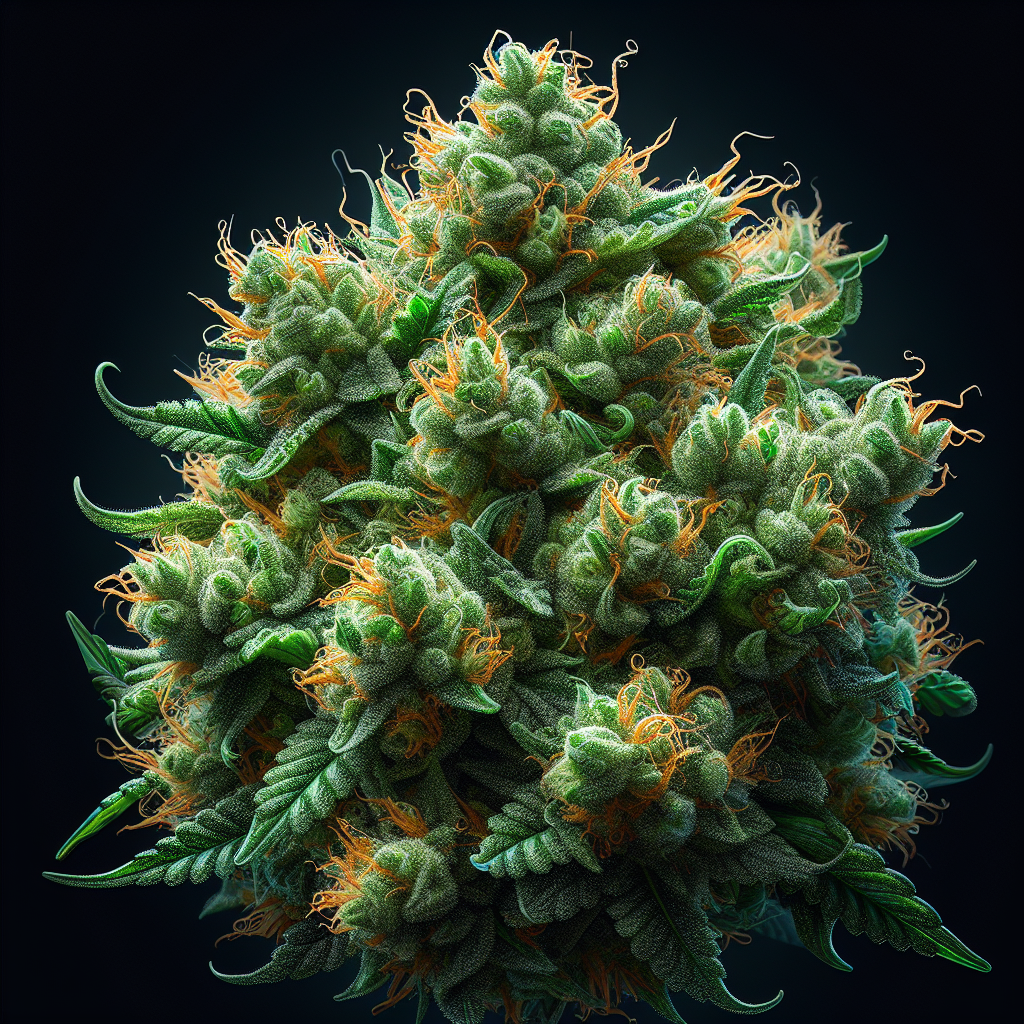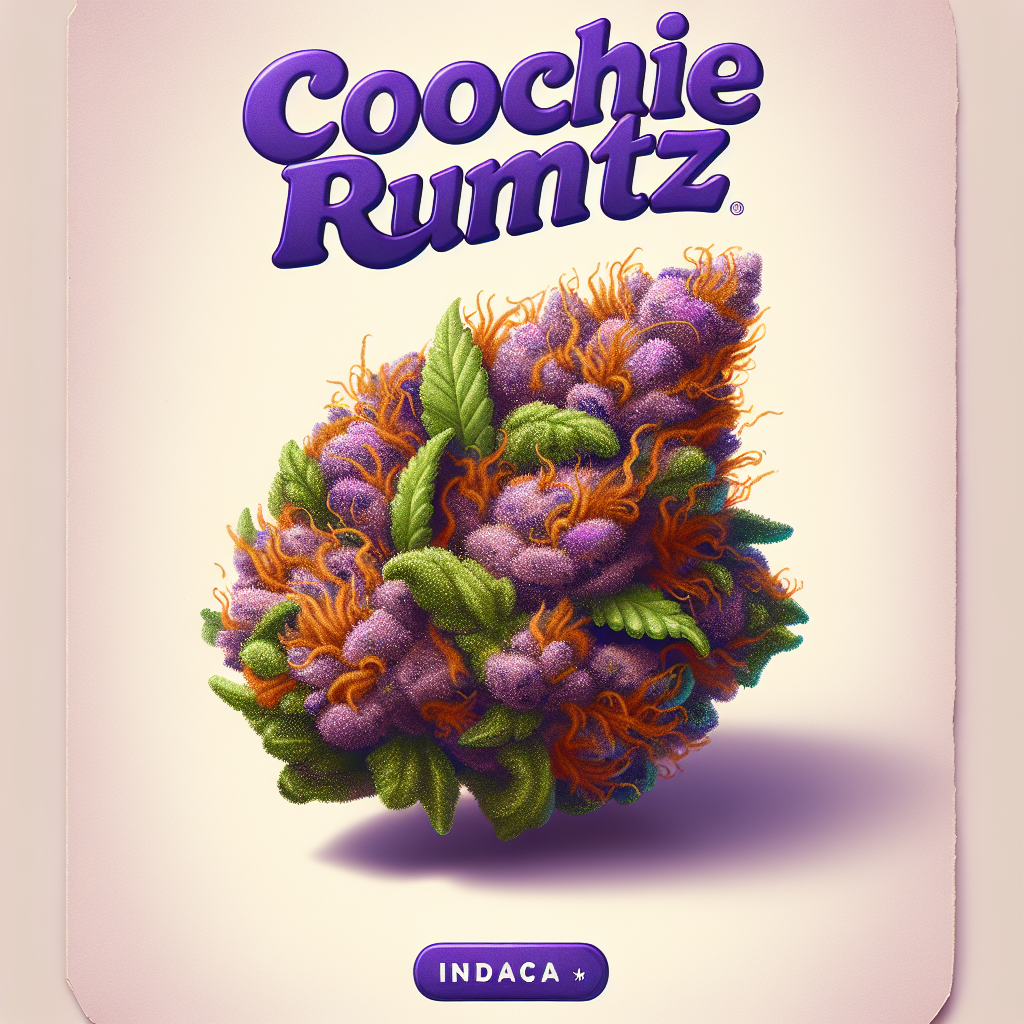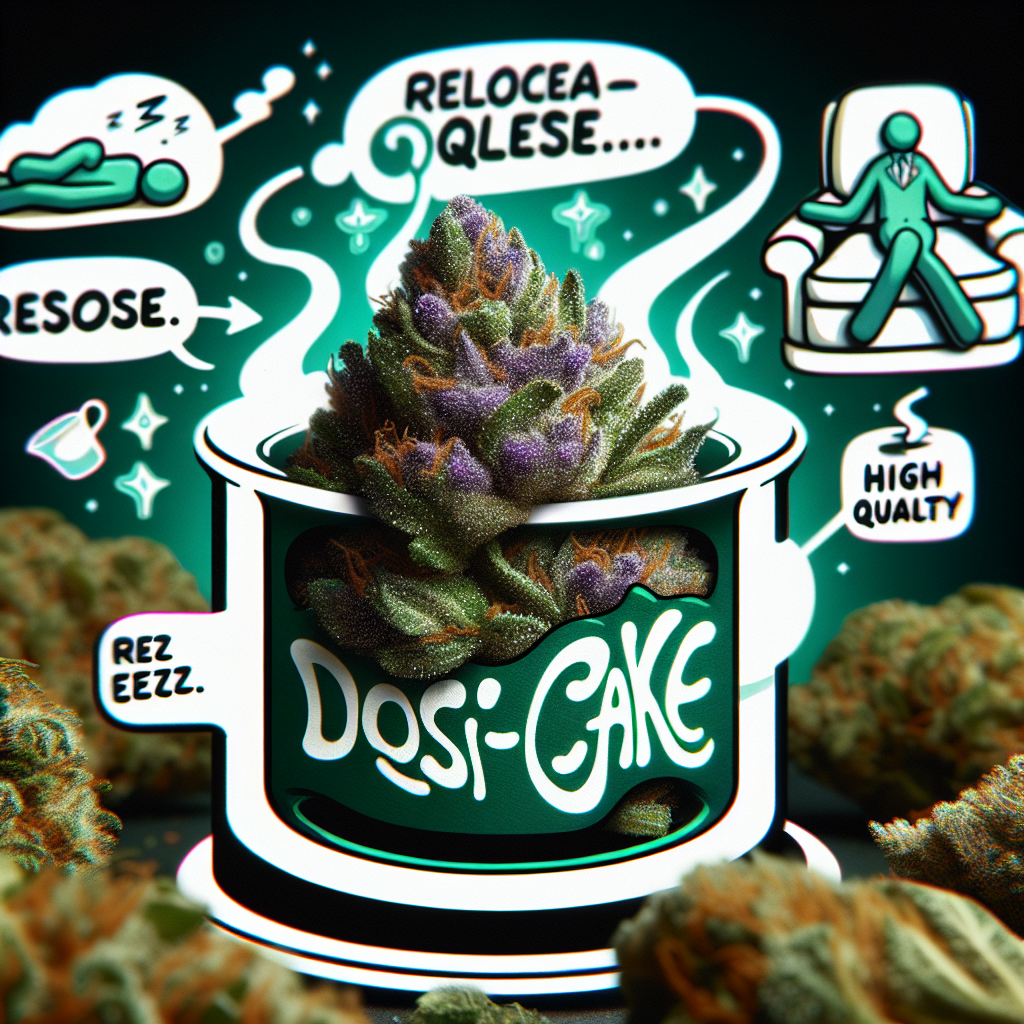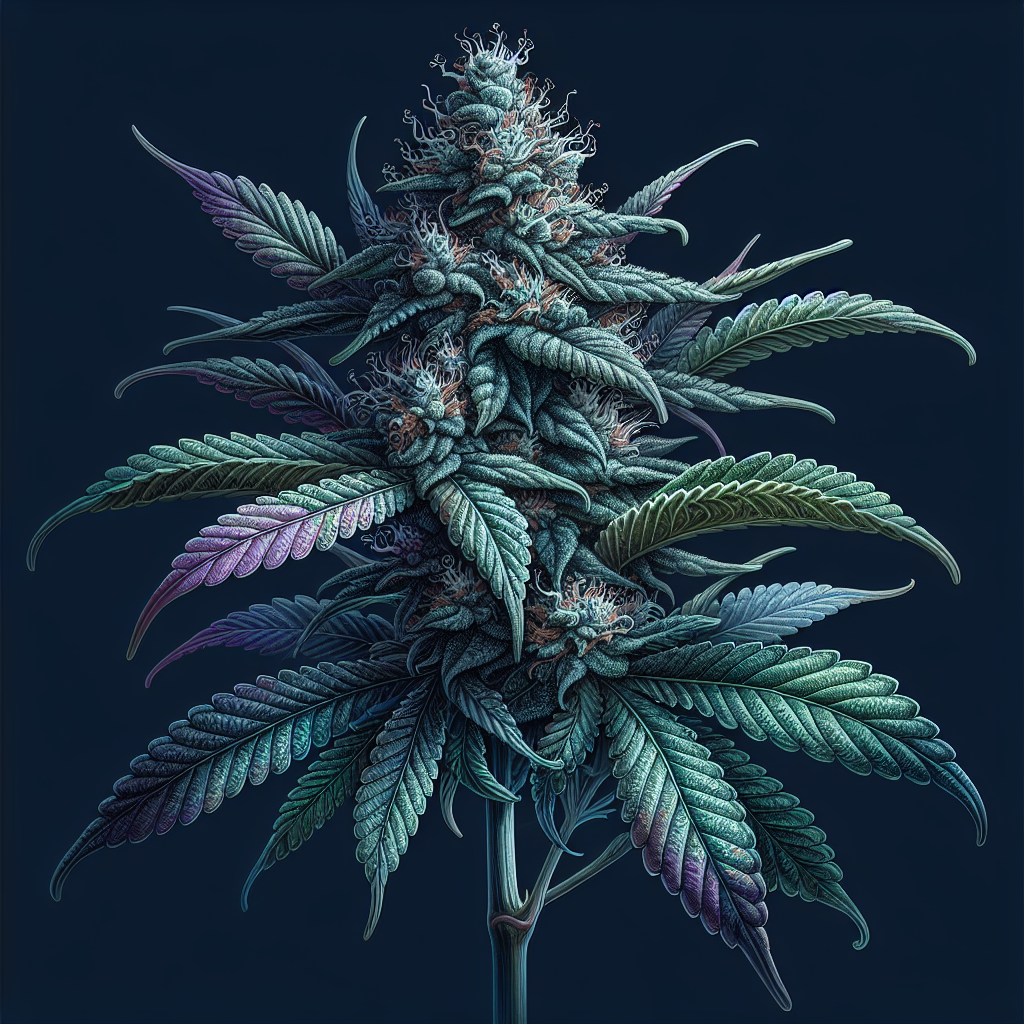Beta-Caryophyllene: A Natural Ally in Pain Management
Introduction
In recent years, the interest in natural remedies for pain management has surged. Among these, the potential of cannabinoids and terpenes—naturally occurring compounds found in plants—has garnered increasing attention. One compound that stands out significantly in this area is Beta-Caryophyllene. Found predominantly in cannabis but also in various other plants like black pepper, cloves, and cinnamon, Beta-Caryophyllene is known for its unique therapeutic properties, particularly in pain relief and inflammation reduction. This article delves into its benefits, mechanisms, and applications, solidifying its status as a natural ally in pain management.
Overview of Beta-Caryophyllene
What is Beta-Caryophyllene?
Beta-Caryophyllene (BCP) is a sesquiterpene, characterized by its spicy, peppery aroma. Its remarkable feature is its ability to interact with the body’s endocannabinoid system (ECS)—a complex cell-signaling system that plays a crucial role in regulating various physiological processes, including pain sensation, immune response, and mood.
Unlike many other terpenes, which generally do not bind to cannabinoid receptors, Beta-Caryophyllene is unique in that it selectively binds to the CB2 receptor, a key component of the ECS. This interaction is largely responsible for its anti-inflammatory and analgesic (pain-relieving) properties.
Sources of Beta-Caryophyllene
Aside from cannabis, Beta-Caryophyllene is found in various essential oils and spices, including:
- Pepper (especially black pepper)
- Cloves
- Cinnamon
- Hops
- Rosemary
These sources underline its accessibility, making it possible for individuals to utilize BCP through both cannabis and culinary applications.
Mechanisms of Action
Interaction with the Endocannabinoid System
The ECS is comprised of cannabinoid receptors (CB1 and CB2), endocannabinoids (natural compounds produced by the body), and enzymes that break down these endocannabinoids. When Beta-Caryophyllene binds to the CB2 receptor, it triggers a cascade of physiological changes that can lead to decreased inflammation and pain.
-
Anti-Inflammatory Effects: The binding of Beta-Caryophyllene to the CB2 receptors helps regulate the inflammatory response in the body. This can be particularly beneficial for chronic conditions characterized by inflammation, such as arthritis or autoimmune diseases.
-
Pain Relief: By modulating pain signals sent to the brain, BCP can effectively reduce the perception of pain, offering an alternative to traditional pharmaceutical interventions.
- Biphasic Effects: Some research suggests that beta-caryophyllene may have biphasic effects—depending on the dose, it could either enhance or inhibit pain perception. This property may allow its use in a way that targets specific pain conditions.
Additional Mechanisms
Beyond its interaction with the ECS, BCP also exhibits:
- Antioxidative Properties: Protecting cells from oxidative stress and reducing cellular damage can contribute to overall health and well-being.
- Neuroprotective Effects: There are indications that BCP may help in protecting the nervous system against degeneration, which is beneficial for managing neurogenic pain.
Health Benefits of Beta-Caryophyllene
Pain Management
A primary benefit of Beta-Caryophyllene lies in its efficacy as a natural pain reliever. Studies indicate that it can alleviate various types of pain, including:
- Nociceptive Pain: Pain resulting from physical damage to tissues.
- Neuropathic Pain: Pain caused by nerve damage or neurological issues.
- Chronic Pain Conditions: Such as fibromyalgia and arthritis.
Positive outcomes have been observed in both preclinical and clinical studies, highlighting BCP as a potent alternative or adjunct to traditional pain management medications.
Anti-Inflammatory Action
Chronic inflammation is a common pathway for many diseases and conditions, including pain syndromes. Beta-Caryophyllene’s ability to modulate inflammation makes it an appealing choice for individuals looking for natural relief from inflammatory conditions.
Research has shown that BCP can significantly reduce markers of inflammation, helping manage disorders like rheumatoid arthritis, inflammatory bowel disease, and even some skin conditions such as psoriasis.
Anxiety and Stress Relief
The benefits of Beta-Caryophyllene are not limited to physical pain and inflammation. Early research suggests that it may also have anxiolytic effects (anxiety-reducing). By interacting with the cannabinoid receptors, BCP can help promote a sense of well-being and relaxation, making it an excellent companion for those dealing with stress or anxiety alongside pain.
Improved Sleep Quality
For many individuals dealing with chronic pain, sleep disturbances are a common issue. Integrating Beta-Caryophyllene into a pain management regimen may lead to improvements in sleep quality. By alleviating pain and reducing anxiety, BCP can help individuals achieve a more restful night’s sleep.
How to Use Beta-Caryophyllene
Cannabis Products
One of the most popular ways to take advantage of Beta-Caryophyllene is through cannabis products. Many cannabis strains are high in BCP, and choosing strains with a robust terpene profile can enhance therapeutic effects. Users can opt for:
- Flower: Cannabis buds can be smoked or vaporized to experience immediate relief.
- Oils and Tinctures: These can provide more controlled dosing and are often faster-acting.
- Edibles: Though slower to onset, they can provide longer-lasting effects.
Culinary Sources
Incorporating foods rich in Beta-Caryophyllene into your diet can be beneficial as well. Consider using:
- Black Pepper: Adding fresh black pepper to meals enhances flavor and provides a dose of BCP.
- Clove Oil: This can be used in cooking or as a natural remedy.
- Essential Oils: While not meant for ingestion, diffusing these oils can create a calming atmosphere conducive to relaxation and pain relief.
Supplements
For those seeking a more concentrated dose of Beta-Caryophyllene, there are supplements available that focus on this terpene. Always consult a healthcare professional before starting any new supplement regimen, especially if you are currently on medications.
Potential Side Effects and Considerations
While Beta-Caryophyllene is generally regarded as safe, some individuals may experience mild side effects, including:
- Drowsiness: Particularly when taken in larger doses, which may deter certain activities (e.g., driving).
- Digestive Issues: As with any supplement, some individuals may experience gastrointestinal discomfort.
It is essential to consult a healthcare provider, especially for individuals with pre-existing health conditions or those who are pregnant or breastfeeding.
Future Research Directions
As the interest in cannabinoids and terpenes continues to grow, ongoing research is necessary to fully understand the complete range of Beta-Caryophyllene’s therapeutic potential. Future studies should aim to:
- Explore Clinical Efficacy: More extensive clinical trials are needed to confirm the effectiveness of BCP in various pain conditions.
- Understand Mechanisms: Further research into the molecular and cellular mechanisms can provide insight into its therapeutic applications.
- Develop Targeted Formulations: Creating cannabinoid and terpene formulations that maximize therapeutic benefits without undesirable effects could revolutionize pain management strategies.
Conclusion
Beta-Caryophyllene presents a promising natural solution for individuals seeking relief from pain and inflammation. With its unique ability to engage the endocannabinoid system, BCP has the potential to enhance quality of life for many suffering from chronic pain conditions. As research continues to unravel its benefits and mechanisms, the cannabis community can look forward to utilizing this remarkable compound as an integral part of holistic pain management strategies.
FAQ Roundup
What is Beta-Caryophyllene?
Beta-Caryophyllene is a terpene that is primarily found in cannabis and some culinary herbs and spices. It is known for its ability to interact with the endocannabinoid system, particularly the CB2 receptor.
How does Beta-Caryophyllene help with pain management?
Beta-Caryophyllene helps with pain management by binding to the CB2 receptors in the endocannabinoid system, reducing inflammation and modulating pain signals to the brain.
Is Beta-Caryophyllene safe to use?
Beta-Caryophyllene is generally regarded as safe for most individuals, though some may experience mild side effects like drowsiness or digestive issues. It is advisable to consult a healthcare professional before starting any new supplement.
Can I get Beta-Caryophyllene from foods?
Yes! Foods rich in Beta-Caryophyllene include black pepper, cloves, and cinnamon, which can be incorporated into your diet for potential health benefits.
Can Beta-Caryophyllene be used alongside other medications?
If you are taking medications for pain or other conditions, it is essential to speak with your healthcare provider first, as Beta-Caryophyllene could interact with certain medications.
How can I use Beta-Caryophyllene for pain relief?
You can use Beta-Caryophyllene through cannabis products that are high in the terpene, through culinary spices, or by taking concentrated supplements. Always consider personal tolerance and seek professional advice if needed.
Are there any ongoing studies about Beta-Caryophyllene?
Yes, ongoing research aims to explore the full therapeutic potential of Beta-Caryophyllene, particularly concerning its effectiveness in various types of pain and its broader health applications.
By understanding and utilizing Beta-Caryophyllene, we may find that nature offers some of the most effective tools for managing pain and inflammation, enhancing both physical and emotional well-being.




